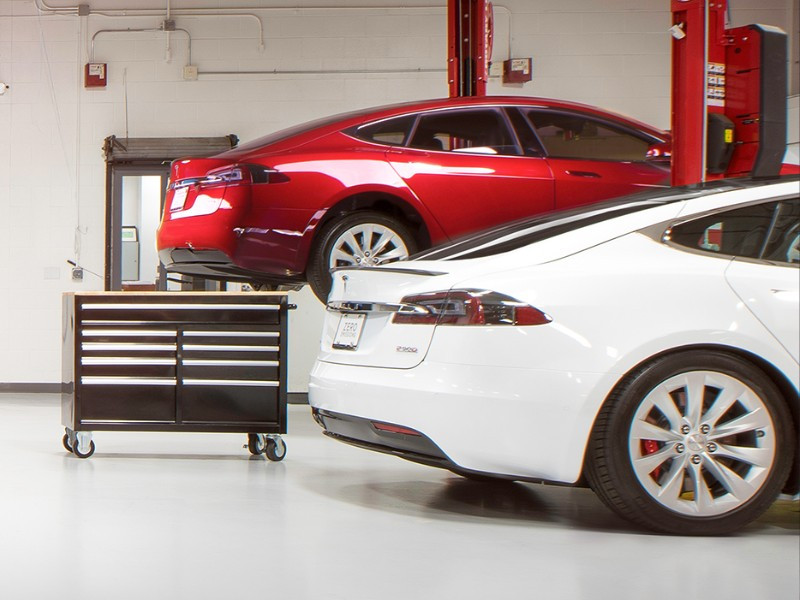
Gasoline-powered cars have been around for over a century and have been the primary mode of transportation for most people. However, they come with a serious environmental impact that cannot be ignored. The burning of fossil fuels to power gasoline cars has a significant effect on the environment, contributing to air pollution, global warming, and the depletion of natural resources.

Air pollution is a major concern that arises from gasoline-powered cars. These vehicles emit harmful pollutants such as nitrogen oxides, carbon monoxide, and particulate matter, which can have serious respiratory effects on humans and wildlife. These pollutants can lead to respiratory problems like asthma, bronchitis, lung cancer, and other respiratory diseases. In addition, these pollutants can also contribute to acid rain, causing harm to aquatic life and forests.
The use of gasoline cars also contributes to global warming, due to the emission of carbon dioxide and other greenhouse gases. These gases trap heat in the earth’s atmosphere, leading to a gradual increase in the earth’s temperature, which leads to adverse weather conditions, rising sea levels, and other challenges. The effects of global warming are severe and can lead to the extinction of many species, displacement of people, and destruction of habitats.

Furthermore, the production and use of gasoline have a significant impact on the natural environment. The extraction of crude oil, transportation, and refining of gasoline requires significant amounts of energy, resulting in the depletion of non-renewable natural resources. The production of gasoline also leads to spills, leaks, and other environmental hazards that harm ecosystems and wildlife.
To combat the environmental impact of gasoline powered cars, we must embrace cleaner forms of transportation. Electric vehicles, hybrids, and alternative fuel vehicles (such as hydrogen fuel cells and biofuels) offer a more sustainable solution, leaving a much smaller environmental footprint. Governments and industries must encourage the use of such vehicles through incentives, research, and development.
The environmental impacts of gasoline powered cars are undeniable, and we must take proactive steps to reduce their adverse effects. Governments, industries, and individuals must embrace cleaner forms of transportation to reduce air pollution, slow down global warming, and preserve natural resources. It is time to transition to a cleaner and more sustainable future.







